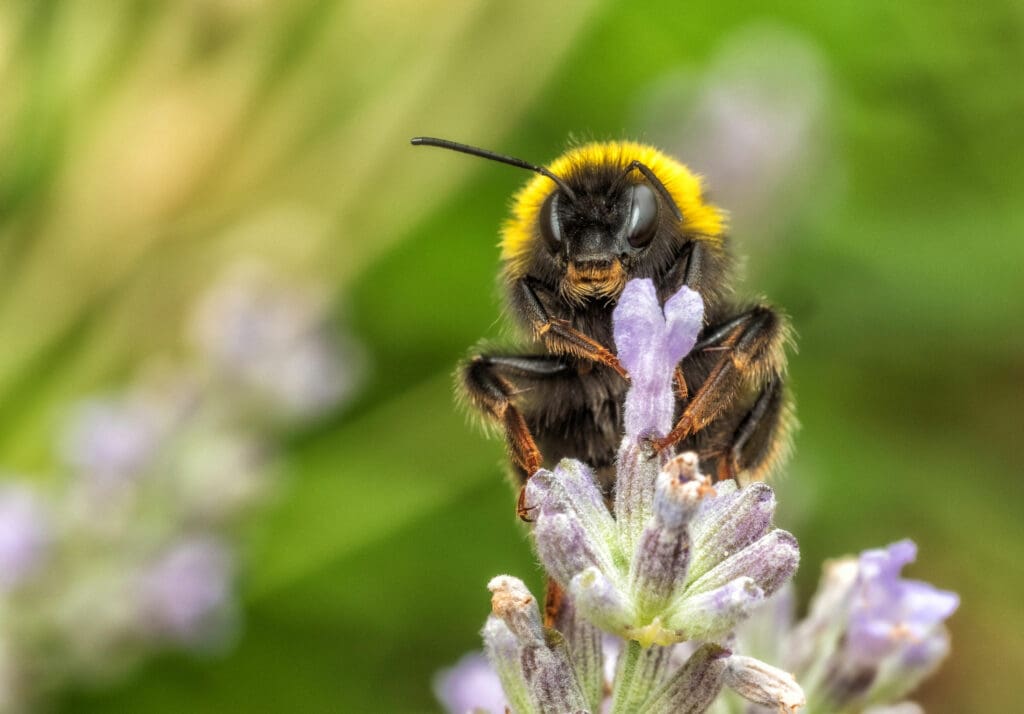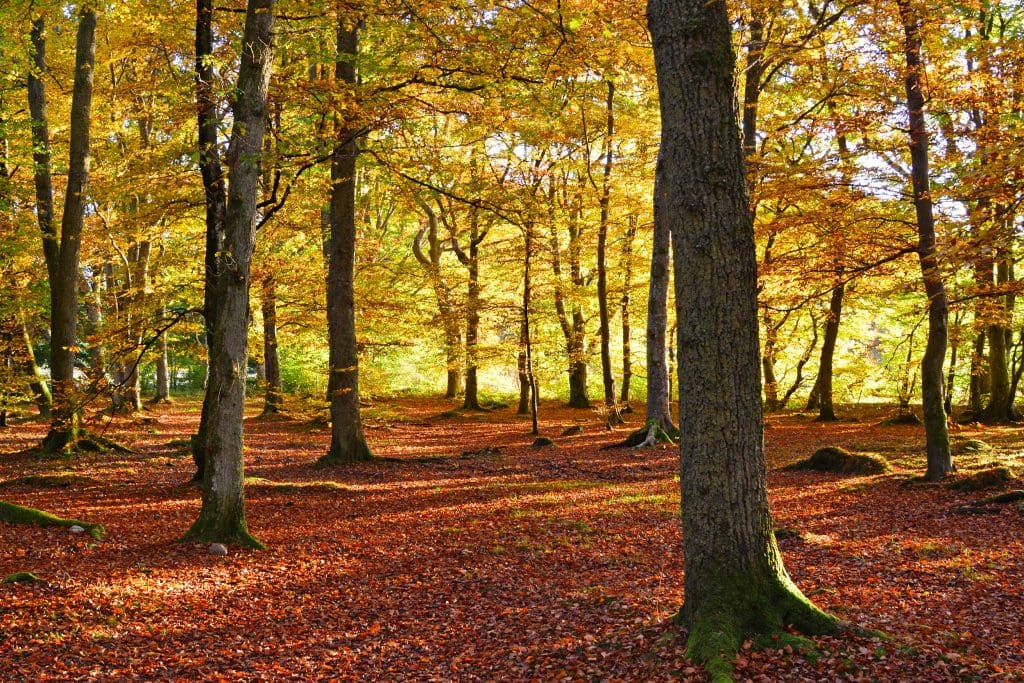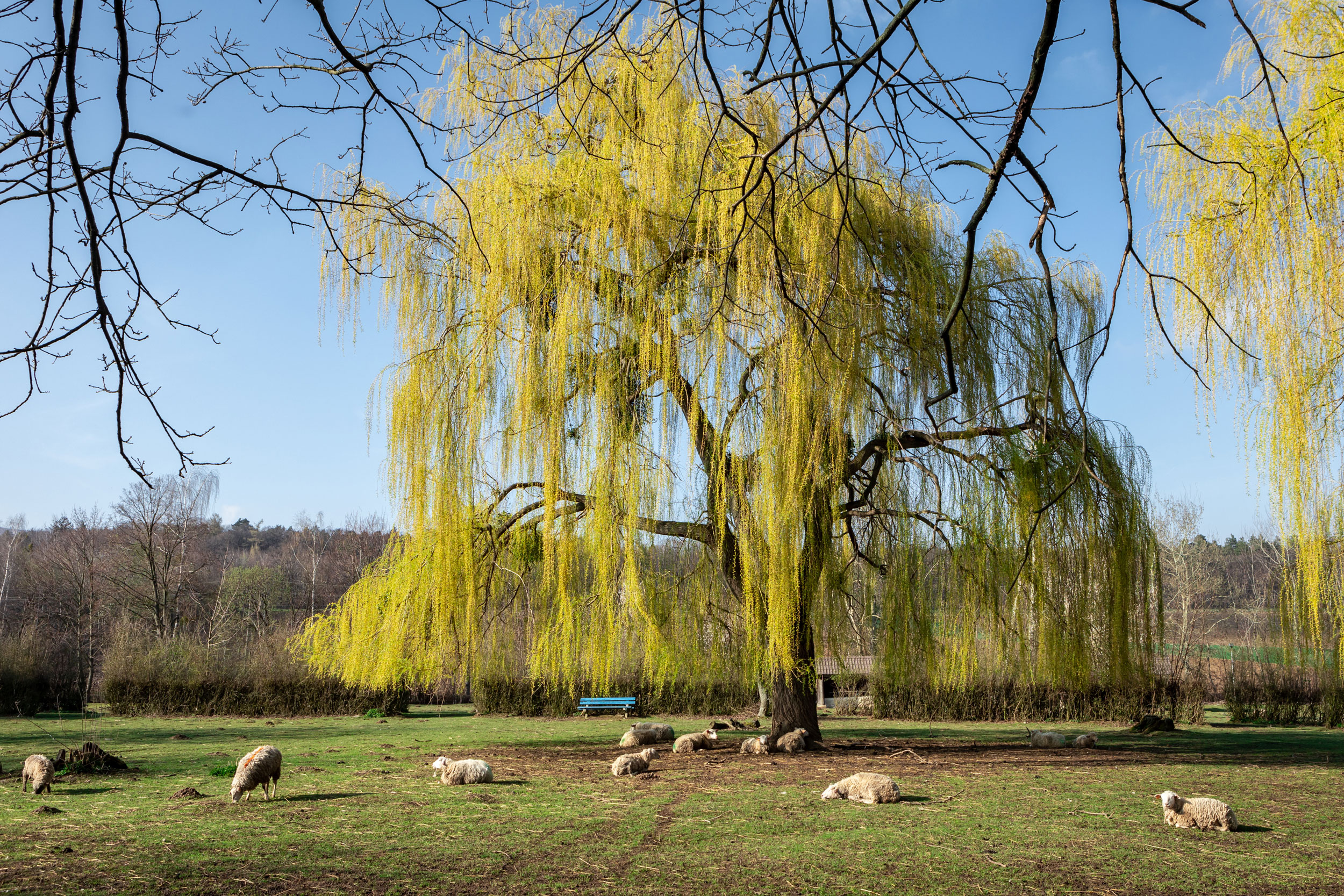Plants are coming under increasing stress through climate change. We know nature is quick to regenerate, but the ecological impact of vast wildfires, pollution events and the simultaneous loss of interconnected ecosystems cannot be overstated.
Climate action is needed now, and we can be encouraged by adaptations nature has undergone over evolutionary time: trees in fire-prone areas develop thicker, burn-resistant bark and plants are also capable of migrating. Eastern US Forest Service data shows three-quarters of species are advancing north and westwards, at between six and nine miles per decade. Scandinavian birches have established 500m further up higher altitudes in two decades and Alaskan alder and willow are growing up bare hills.
In the Financial Times last year, James Bridle, author of Ways of Being, said, “We’re so used to the idea that plants are rooted in place that such a revelation might shock us out of our complacency… we need to match them with our hope and will.”
You might also like

Insects that help us

Standing up for trees



